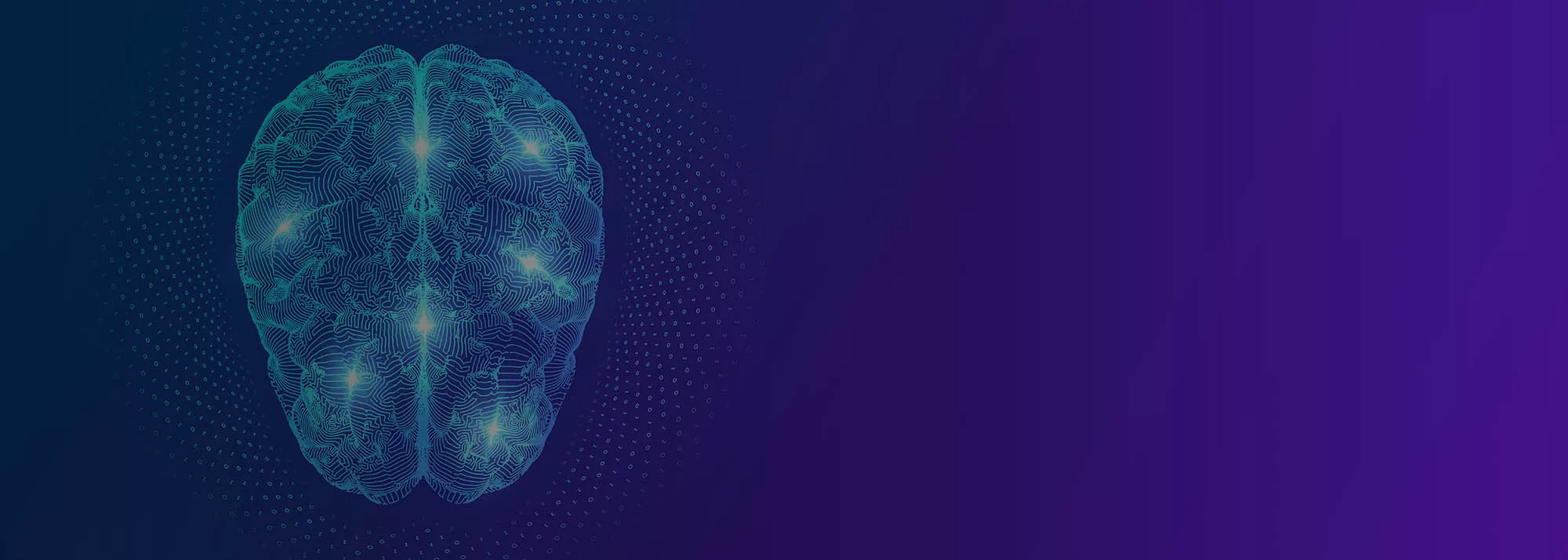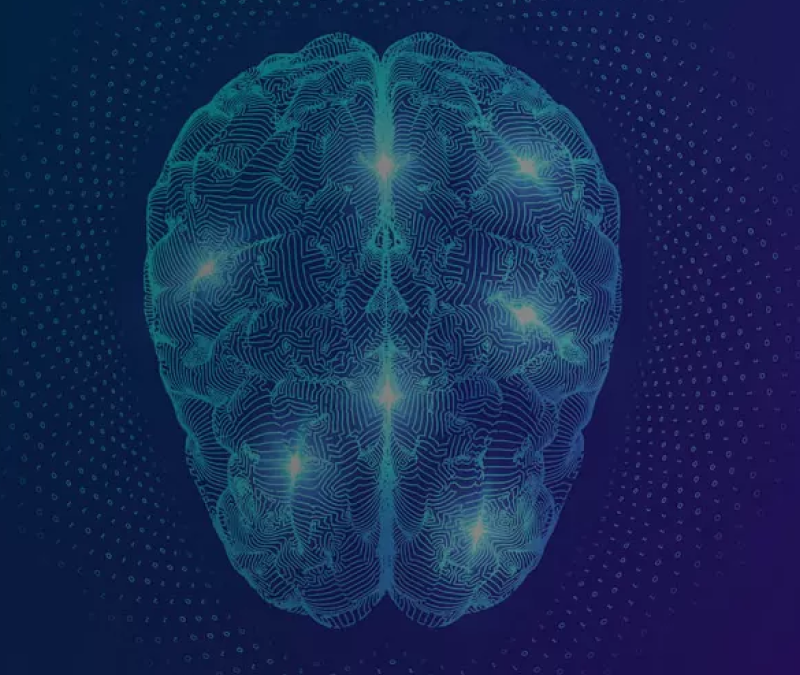The Department of Neuroscience at Aster Aadhar Hospital brings together experts from neurology, neuropsychology and psychiatry to diagnose and treat complex neurological problems. We have an extensive clinical history in treating the full range of neurological problems including strokes, brain traumas, epilepsy, Parkinson's, multiple sclerosis and neck and spine conditions. With cutting-edge diagnostics and the most advanced treatment options, our experts have a proven track record of providing healthcare solutions that to heal the most complex organ of the body and help you return to the life you love. Our goal, ultimately, is to work towards improving your mental health and overall well-being.
Advanced Technology & Facilities
Well equipped with the latest medical equipment, modern technology & infrastructure, Aster Hospital is one of the best hospitals in India.




